Alright – so today we’ve got the honor of introducing you to Marc Tarczali. We think you’ll enjoy our conversation, we’ve shared it below.
Marc, so excited to have you with us today. So much we can chat about, but one of the questions we are most interested in is how you have managed to keep your creativity alive.
I watch a lot of 80’s and 90’s commercials on Youtube. Back then, marketing teams focused on bringing some level of happiness/joy to consumers, they weren’t trying to stress the people out or push political propoganda. Even ads for products like AA batteries or home phone plans had the tonality of a John Hughes holiday movie. It seems like nowadays most ads push fear-buying or guilt-buying, and since the majority of content we consume contains ads, it’s led to some very toxic cumulative effects on society. People are creatures with thoughts, feelings and emotions, they respond to what you show them. When you show them stressful fear-inducing images over and over again, it becomes their reality. Even worse, their imagination shuts down as they slowly go into a fight or flight mode. If you want to be healthy you have to eat your vegetables, and the same rules apply to content.
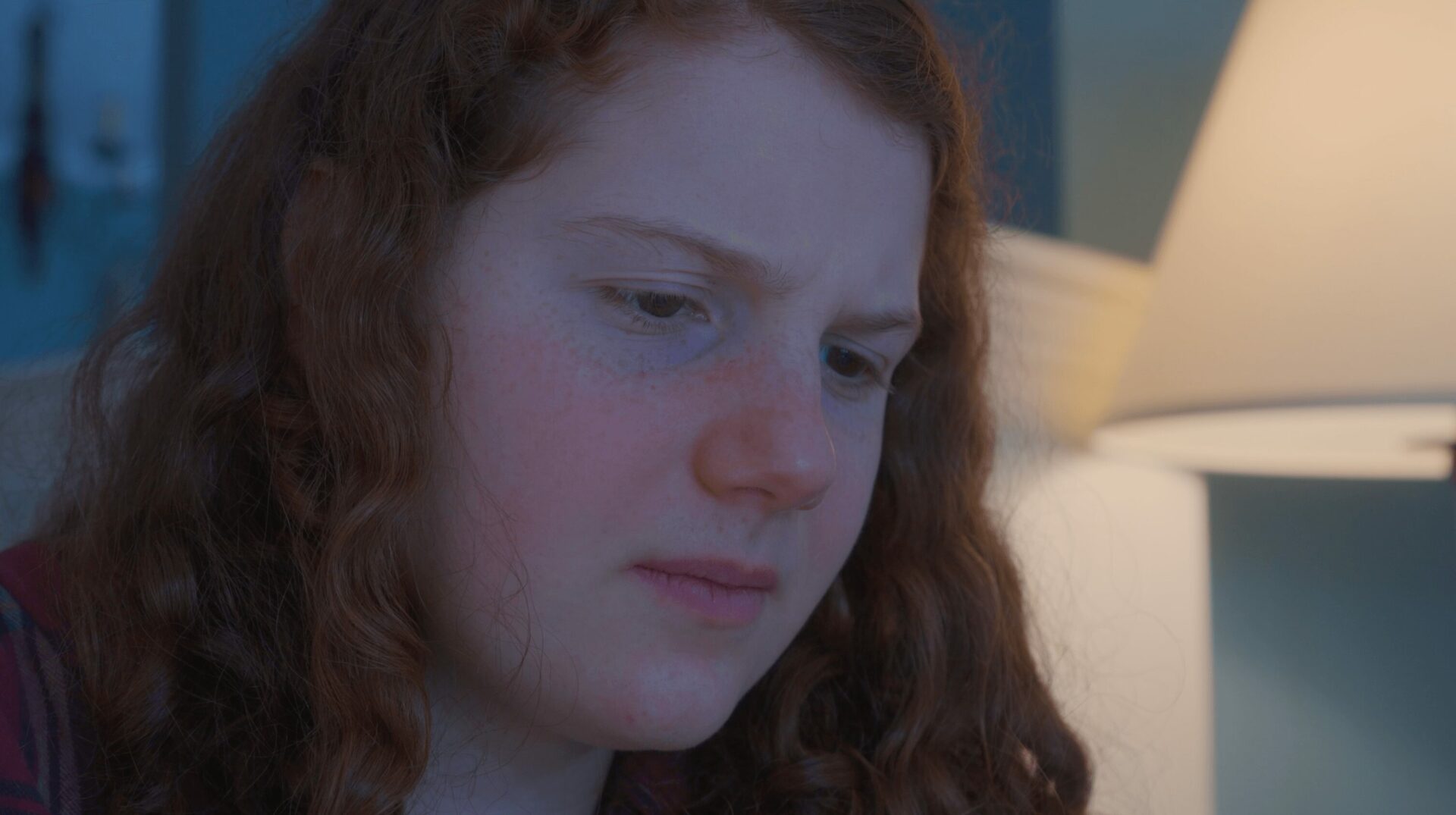
Thanks, so before we move on maybe you can share a bit more about yourself?
My directorial debut, “Clownspiracy”, is almost finished with post-production and will be released in 2026. My goal for “Clownspiracy” was to make the Halloween movie I’d always wanted to see that nobody ever made. I’d like to imagine if Blockbuster still existed, it would be the type of movie that would have cool promotional cutouts on the wall and have a really cool VHS cover. I wanted the film to be something that, unlike many of my filmmaking counterparts, actually brings joy to the audience. The average person is overworked at a tough 9-5 (nowadays more like 8-6) job, and when they get home I don’t want to kick them in the ribs with a stressful film that lectures them, tells them they’re a bad person, and shows 100 minutes of footage that makes them feel more stressed out. Filmmakers have a priority, first and foremost, to the audience. I think we have lost sight of that.
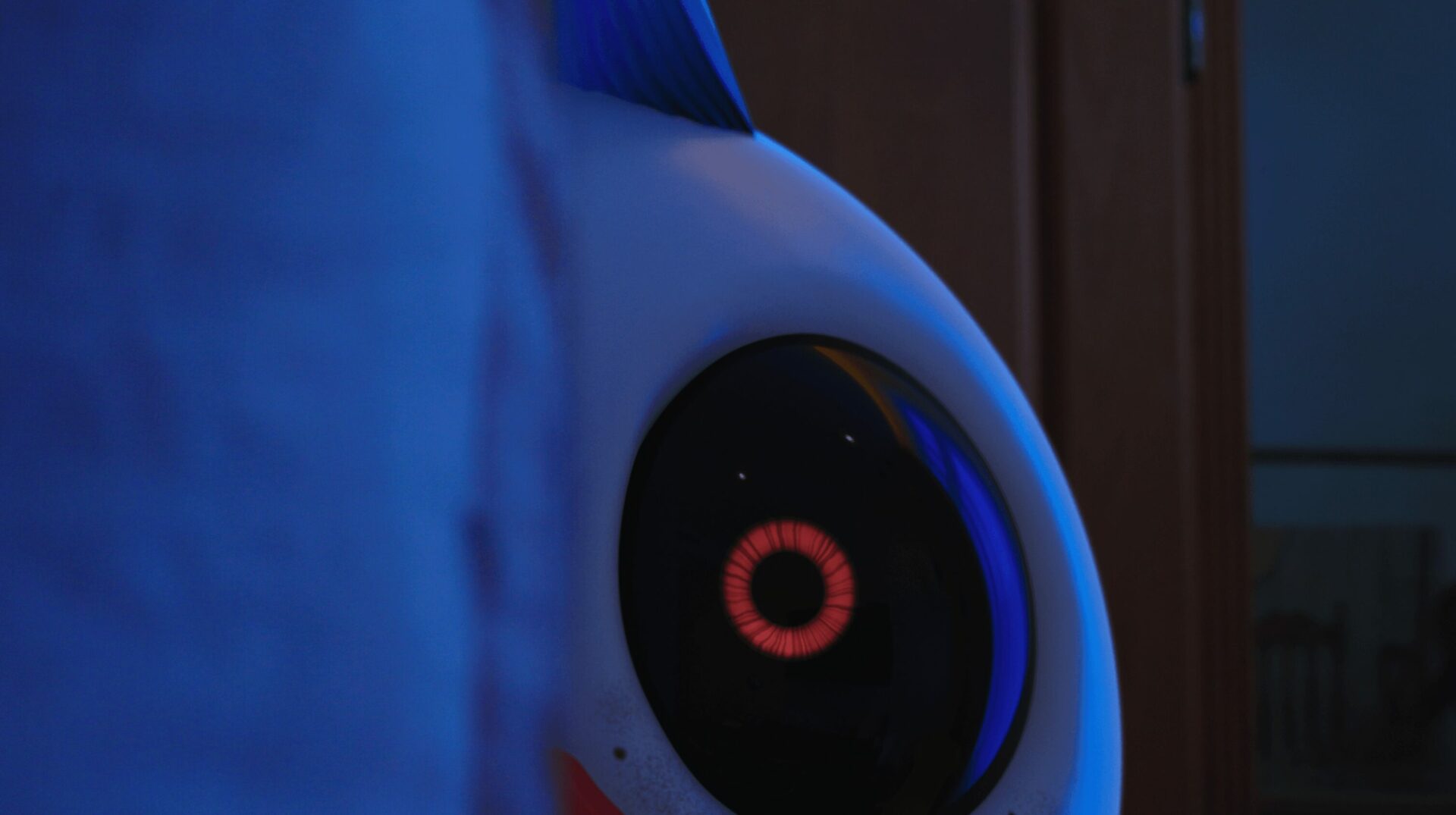
If you had to pick three qualities that are most important to develop, which three would you say matter most?
Learning to use a camera, even a rudimentary DSLR like a Sony FX3, will liberate your creativity. Having the ability to go shoot something yourself, even if it’s not the highest quality, will help alleviate the existential dread of needing to fundraise and hire large crews for everything you want to do. You can do a lot with modern technology by yourself.
Learning to give script coverage is essential and can only be done by repetition. Every filmmaker should do coverage on 100 scripts before writing their own, it teaches you how to talk about films, common pitfalls, and what works.
And third, watch the movies you like and analyze how they did what they did. There’s a lot of great Youtube videos outlining the behind-the-scenes of even the most obscure movies, they can get pretty comprehensive.
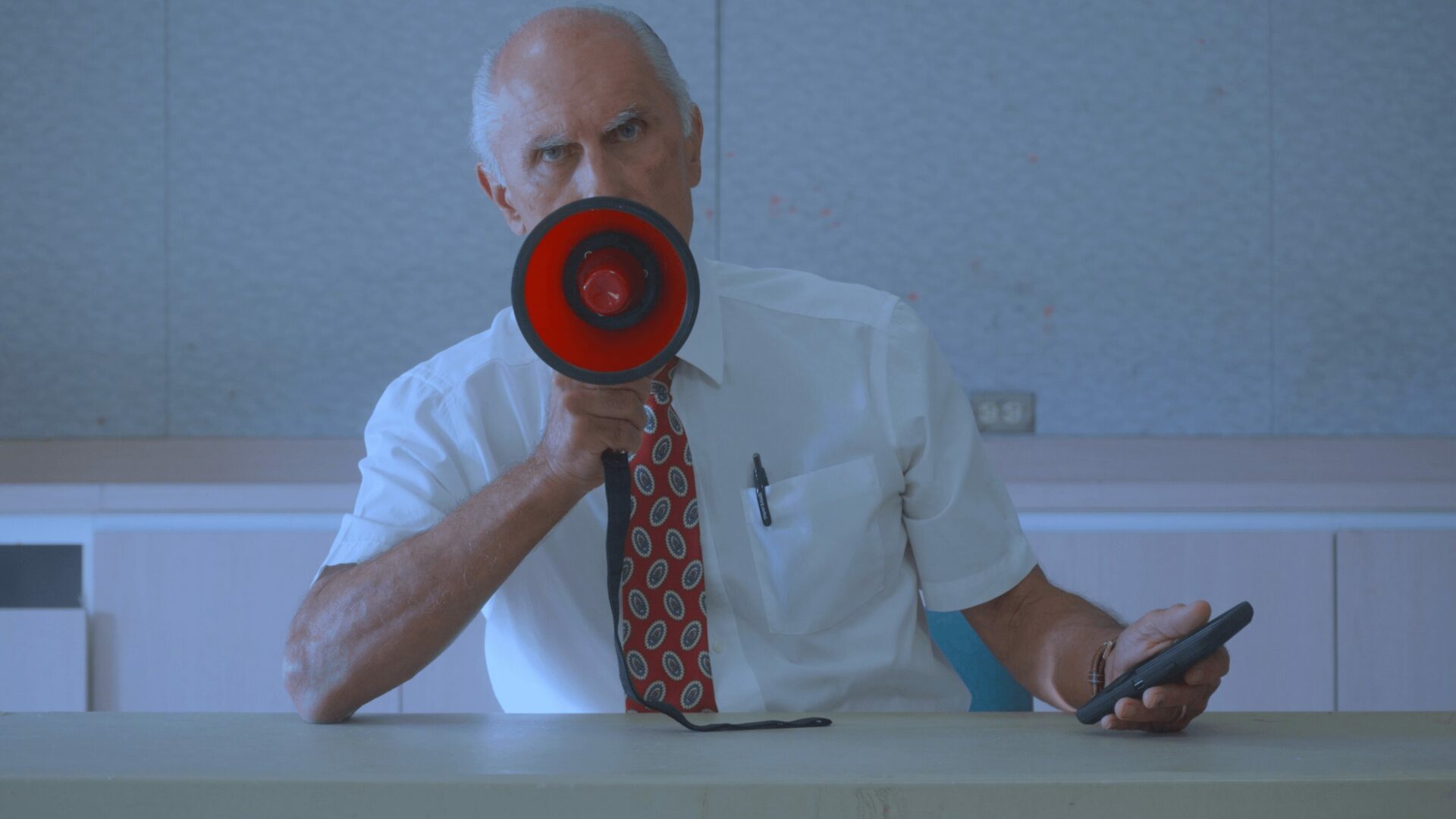
What is the number one obstacle or challenge you are currently facing and what are you doing to try to resolve or overcome this challenge?
The largest obstacle, and general theme of this article, is dealing with nihilism. It feels like the North Pole was taken over by an accountant. We’re never going to sell tickets if we’re manufacturing only stress-films.
The business model is simple, create movies that make people feel good, and the market will correct itself. Obviously in a perfectly healthy market there will be room for thrillers, murder mysteries, gore films, etc etc. But at the end of the day, if the audience continuously walks out of the movies feeling like they need to do deep breathing exercises and are a little pissed that they just spent $12 on popcorn, that’s not how you build credibility as an industry. It’s no surprise audiences are fleeing the theatre (or just not watching on streaming), and it’s sad to watch our studios cling onto a failing business model as they hemorrhage capital.
Somebody spread a rumor that “stress-films” were “cool”, and that sentiment infected every creative executive in the industry… The end result is a complete abandonment of the tried and true decades old monetization model for the film industry that was largely character driven; which has led to a not-so-surprising inversion of film industry market cap compared to the video game industry, which is now 3 times the size of the film industry. Nowadays you finish watching a movie and don’t even know the name of the main character. This is in stark contrast to the video game market, where characters are still largely unique and easily identifiable; consumers want a likeable main character, they want to connect with them.
One has to wonder who benefits from having a stressed American public that is willing to attack itself, and what foreign economic influence may be at play in the film industry. With America surrounded by oceans, the only practical way to reach us is through the media we consume.
The solution is to make character-driven films that don’t prioritize a political agenda. Films are there to entertain, they’re not 90min paid political advertisements that try to push a platform. This business model is not sustainable, but it’s easily correctable. We might be able to captivate audiences for a few years with PSA films, but eventually they’ll get fatigued and want entertainment again, I think we’re seeing this now. Everyone wants to make an “important” film, but what’re the metrics that make a film “important”? “Important” doesn’t just have to speak to political issues, “important” can also be “Edward Scissorhands” and help a teenager who’s struggling with feeling like an outsider. Politics is important to some people, but not all people. Most of the audience is just trying to keep their head above water and they just really need that frozen coffee from Starbucks that makes their day a little bit better. And with the 2 hours of free time they have at night, they might turn on a movie for a brief escape from their 9-5. We can’t take that away from them.
Contact Info:
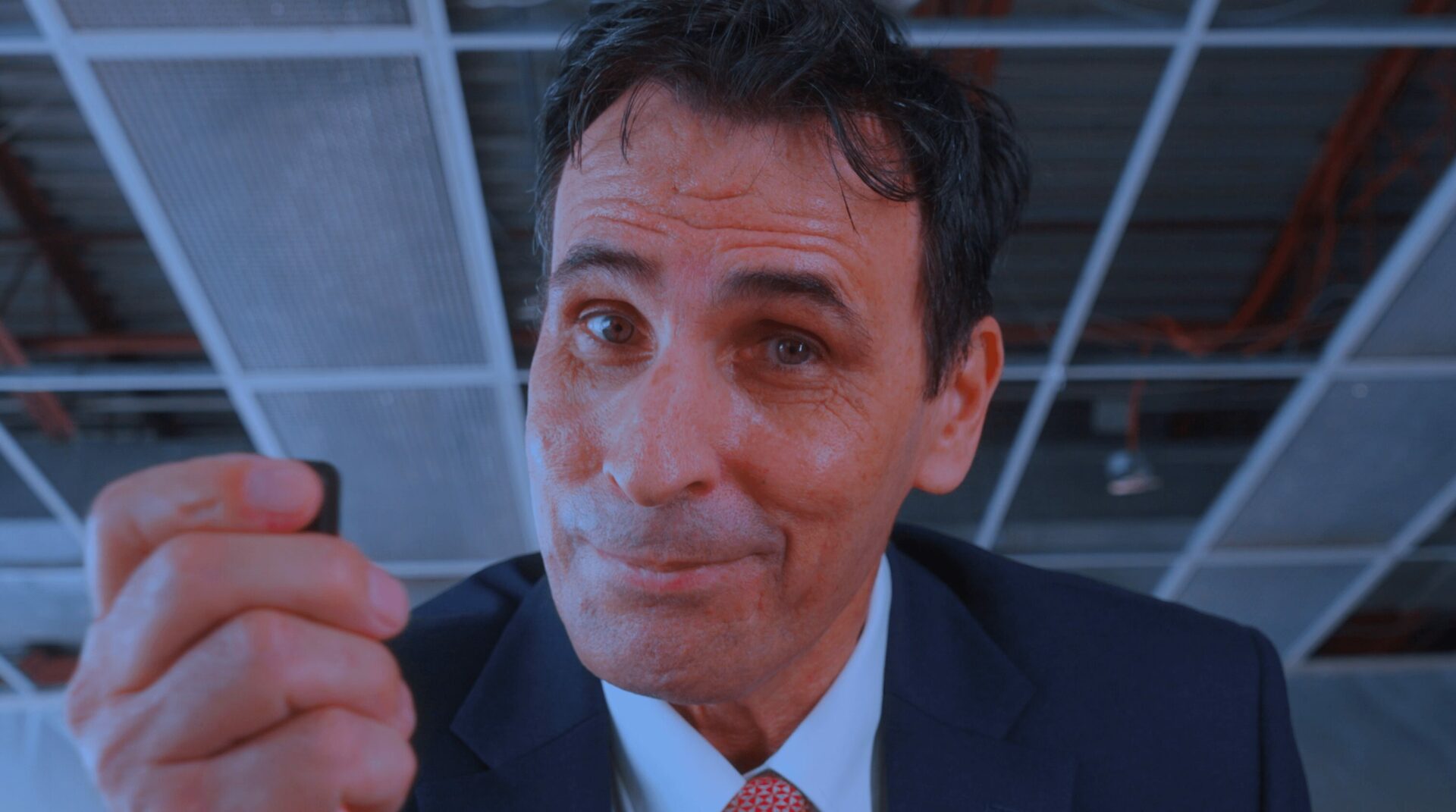
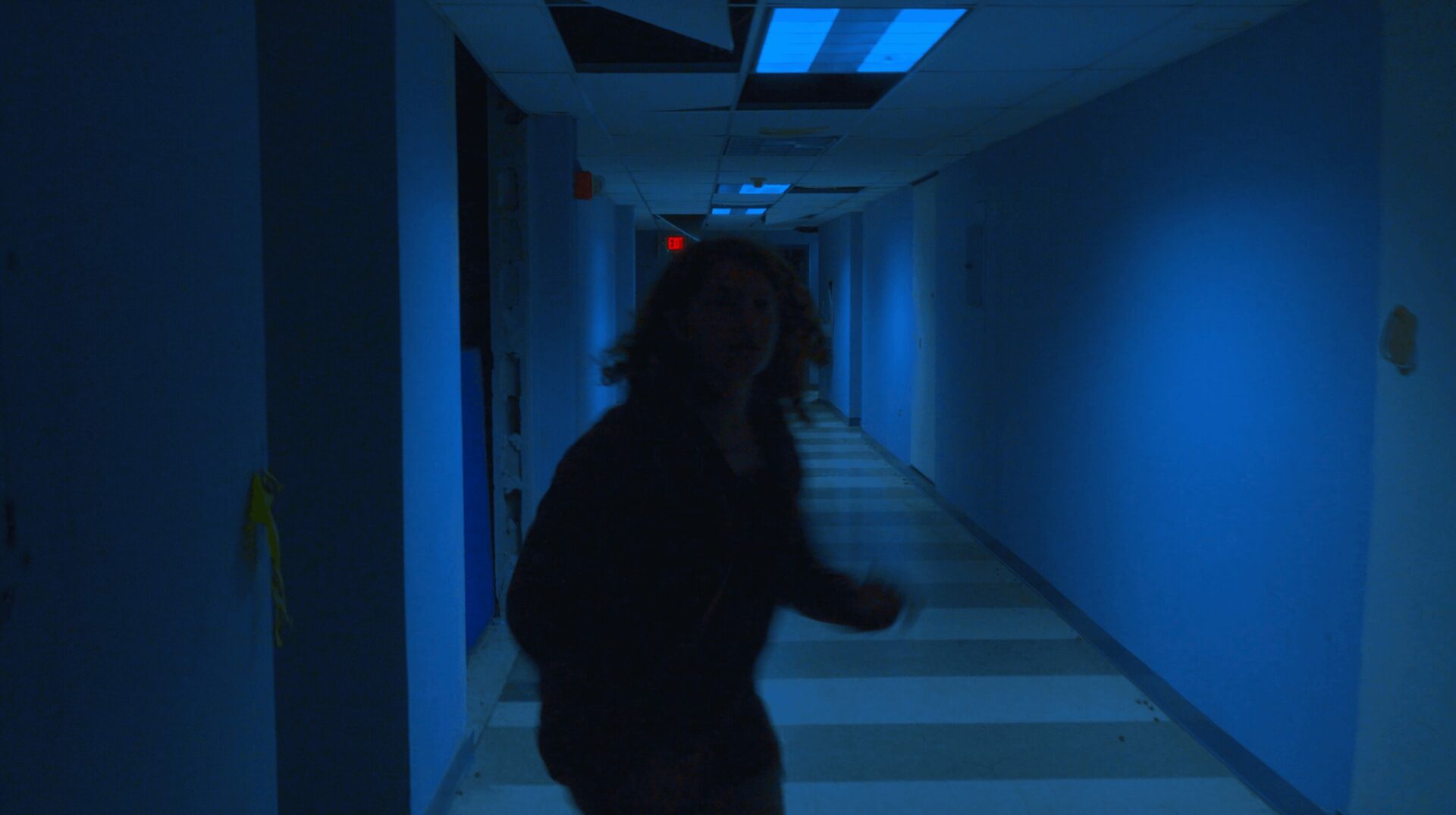


Image Credits
Tum-Tum Speedboat
so if you or someone you know deserves recognition please let us know here.




